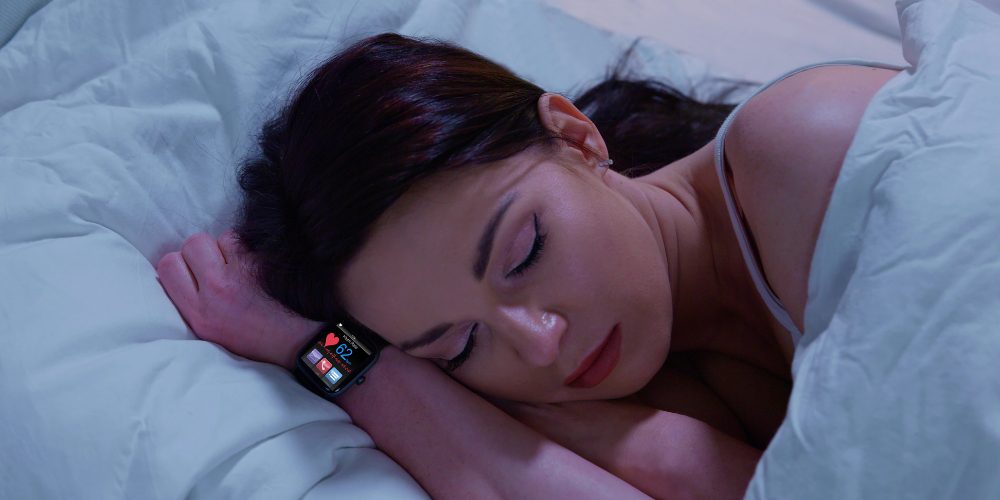I'm always excited about tools that can help individuals take a more proactive role in managing their health. Wearable devices like the Oura Ring and Fitbit have revolutionized the way we monitor and understand our bodies. These devices offer a wealth of data that can provide valuable insights into our health and wellness. Let's explore the benefits and considerations of using wearable health devices.
Popular Wearable Devices
1. Oura Ring
- Focuses on sleep tracking and readiness.
-
Measures heart rate variability, body temperature, and activity
2. Fitbit
- Tracks steps, activity, heart rate, and sleep
- Some models include GPS and oxygen saturation monitoring
3. Apple Watch
- Offers heart rate monitoring, ECG, fall detection, and activity tracking
- Includes menstrual cycle tracking and noise level alerts
4. Whoop
- Emphasizes recovery and strain metrics
-
Provides detailed sleep analysis and personalized recommendations
Benefits of Wearable Health Devices
1. Sleep Insights
- Track sleep stages, duration, and quality
-
Identify patterns and factors affecting sleep
2. Activity Monitoring
- Encourage movement throughout the day
-
Set and track fitness goals
3. Heart Health
- Monitor heart rate and heart rate variability
-
Some devices offer ECG capabilities
4. Stress Management
- Track indicators of stress like heart rate variability.
- Offer guided breathing exercises
5. Menstrual Cycle Tracking
- Help predict cycles and ovulation
-
Identify patterns in symptoms
6. Temperature Monitoring
- Some devices track body temperature, which can indicate illness or hormonal changes
7. Recovery Optimization
- Provide insights into physical readiness and recovery needs
8. Personalized Health Insights
- Aggregate data to offer personalized health recommendations
Considerations When Using Wearable Devices
1. Accuracy
-
While generally reliable, wearables may not be as accurate as medical-grade devices
-
Use data as a guide rather than a definitive diagnosis
2. Privacy
- Be aware of how your data is stored and used
-
Choose devices with strong privacy policies
3. Overreliance
-
Don't let device data override your body's signals or professional medical advice
4. Stress
- For some, constant health tracking can increase anxiety
-
Find a balance that works for you
5. Battery Life
- Consider how often you'll need to charge the device
6. Comfort
- Choose a device that's comfortable for long-term wear
7. Integration
- Look for devices that integrate with other health apps or platforms you use
8. Cost
- Consider initial cost and any ongoing subscription fees
How to Maximize the Benefits
1. Set Realistic Goals
-
Use device data to set achievable health and fitness goals
2. Establish a Baseline
- Use the first few weeks of data to understand your typical patterns
3. Look for Trends
-
Focus on long-term trends rather than day-to-day fluctuations
4. Share with Healthcare Providers
- Bring your data to appointments for more informed discussions
5. Use as a Tool, Not a Rule
- Remember that wearables are tools to support your health journey, not dictate it
6. Combine with Other Health Practices
- Use wearable data alongside other health practices like nutrition, stress management, and regular check-ups
7. Regular Calibration
- Ensure your device is calibrated and updated for optimal accuracy
As a Naturopathic Doctor, I see great potential in wearable health devices as tools for empowering individuals to take control of their health. They can provide valuable insights that, when combined with professional medical advice and a holistic approach to wellness, can lead to significant improvements in health outcomes.
However, it's crucial to remember that these devices are not a substitute for professional medical care. Always consult with qualified healthcare providers for diagnosis and treatment of health conditions.
By using wearable devices mindfully and in conjunction with other health practices, you can gain a deeper understanding of your body and make more informed decisions about your health and wellness. Whether you're looking to improve your sleep, optimize your fitness routine, or simply become more aware of your body's patterns, wearable health devices can be powerful allies on your journey to optimal health.

